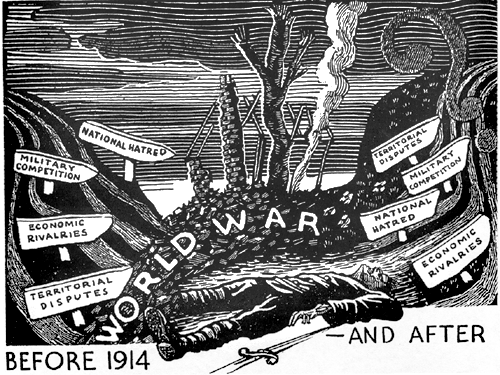

Aspects of Western Civilization (1997)
Rush Limbaugh
Claire Rayner
Some sort of compromise is needed: a compromise between those who continue to maintain a naively empirical view of history as a record of the past 'as it was', and those who carry sceptical postmodern arguments to their ultimate and conclude that the history of the past can be, or even must be, constructed simply as we want it.
History: What and Why? (1996)